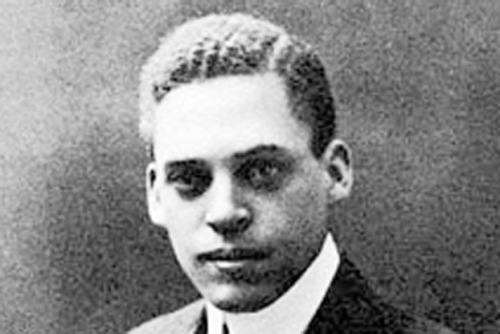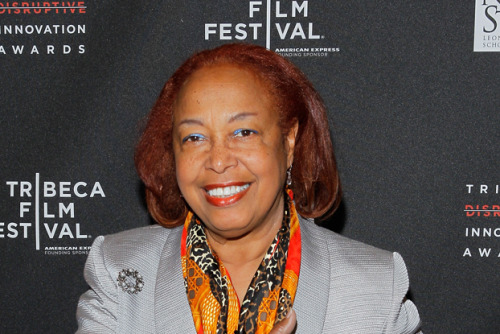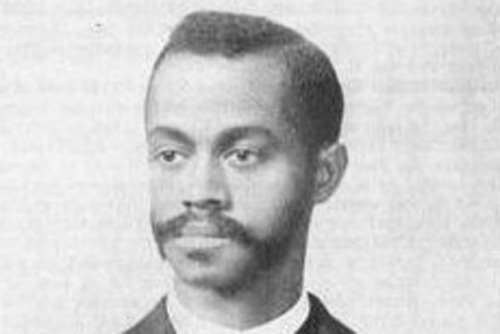scienceyoucanlove: 10 Black Scientists You Should Know by Laurie L. Dove 1. Ernest Everett
scienceyoucanlove:10 Black Scientists You Should Knowby Laurie L. Dove1. Ernest Everett JustIn 1916, Ernest Everett Just became the first black man to earn a Ph.D. from the University of Chicago in experimental embryology, but perhaps his greatest legacy is the sheer amount of scientific papers he authored during his career.Just was born in 1883 and raised in Charleston, S.C., where he knew from an early age he was headed for college. He studied zoology and cell development at Dartmouth College in Hanover, N.H., and worked as a biochemist studying cells at Woods Hole Marine Biological Laboratory in Massachusetts. He became a biology instructor at Howard University before finishing his Ph.D., and would spend 20 summers also working at Woods Hole. From 1920 to 1931 he was awarded a biology fellowship by the National Research Council. Just pioneered research into cell fertilization, division, hydration and the effects of carcinogenic radiation on cells.Frustrated that no major American university would hire him because of racism, Just relocated to Europe in 1930. Once there, he wrote the bulk of his 70 professional papers, as well as two books. He died of pancreatic cancer in 1941 [sources: Biography, Genetics, Gwinnet County Public Schools].2. Patricia BathPatricia Bath improved the vision of generations thanks to her invention for cataract treatment.Born in 1942, Bath’s educational achievements began early. She graduated high school in only two years, then earned a bachelor’s degree from Hunter College and a medical degree from Howard University before accepting an ophthalmology fellowship at Columbia University. It was during this fellowship that Bath’s research uncovered some staggering statistics: When compared with her other patients, blacks were eight times more likely to develop glaucoma and twice as likely to go blind from it. She set her sights on developing a process to increase eye care for people unable to pay, now called community ophthalmology, which operates worldwide. Bath became the first African-American to complete a residency in ophthalmology in 1973, and the first woman to join the ophthalmology department at UCLA in 1975.By 1981, Bath was hard at work on her most notable invention, a laser probe that precisely treated cataracts with less pain to the patient. Using the laserphaco probe she devised, she was able to restore sight to patients who had been blind for as long as 30 years. In 1988, she became the first black female doctor to receive a patent for a medical purpose. Since her retirement in 1993, Bath continues to advocate for the medically underserved and has focused on the use of technology to offer medical services in remote regions [source: Biography].3. Marie Maynard DalyMarie Maynard Daly was a pioneer in the study of the effects of cholesterol and sugar on the heart and the first black woman to earn a Ph.D. in chemistry in the United States. She was born in 1921, at a time when minority women often were denied educational and employment opportunities, but she didn’t allow prejudice to stop her pursuit of the sciences. By 1942, she had earned a bachelor’s degree in chemistry with honors from Queens College in New York. She went on to complete a master’s degree, also in chemistry, just one year later.It was while earning her doctoral degree from Columbia University that Daly’s research really began to gel. She discovered how internally produced compounds help digestion and spent much of her career as a professor researching cell nuclei. Importantly, she discovered the link between high cholesterol and clogged arteries, which helped advance the study of heart disease. She also studied the effects of sugar on arteries, and cigarette smoking on lung tissue. Daly established a scholarship fund for black students at Queens College in 1988. She died in 2003 [sources: African-American Pioneers in Science, Chemical Heritage Foundation].4. David Harold BlackwellDavid Harold Blackwell was one of the world’s most notable statisticians, but as a child he didn’t particularly like math. That was until he met the right teacher who opened a numerical world to him.Blackwell, born in 1919, grew up in southern Illinois and by 16 was enrolled at the University of Illinois at Urbana-Champaign. At 22, he graduated from his home state university with a doctoral degree in mathematics and then studied at Princeton. Although Blackwell aspired to a teaching position, racial bias closed doors; he was denied posts at Princeton and at the University of California at Berkeley. However, he was offered a position at Howard University. (Berkeley later offered Blackwell a teaching job, and he became the university’s first black tenured professor in 1954).While at Howard, Blackwell studied game theory and how it applied to decision-making in the government and private sectors during summers at RAND Corp. He became the United States’ leading expert on the subject, authoring a widely respected textbook on game theory, as well as research that resulted in several theorems named for him. One such theory, which explains how to turn rough guesses into on-target estimates, is known as the Rao-Blackwell theorem and remains an integral part of modern economics. In 1965, he became the first African-American to be inducted into the National Academy of Sciences. He died in 2010 [sources: Sanders, Sorkin].read more -- source link
Tumblr Blog : scienceyoucanlove-deactivated20.tumblr.com
#black scientist









